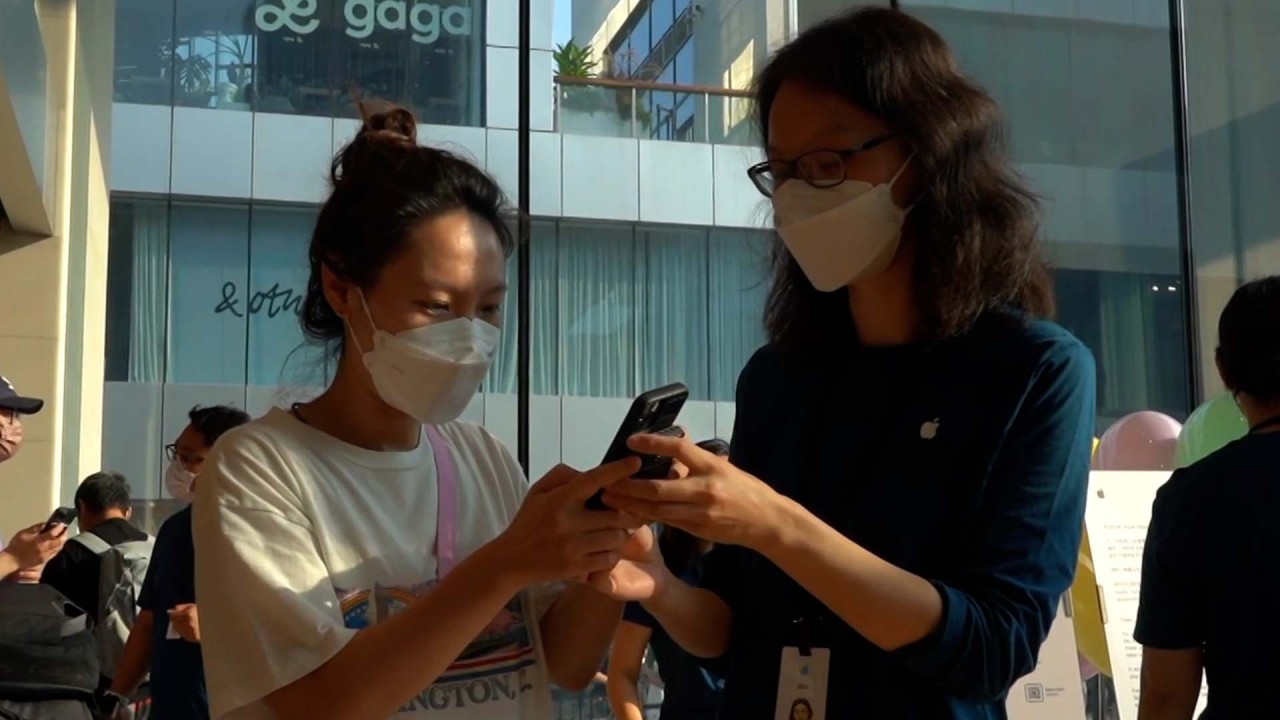
Smartphones and texting leave communications revolution bereft of human element
- We can talk with almost anyone, anywhere in the world, virtually free of charge these days, but too many people prefer texts or email and recoil from the basic human need of hearing another’s voice
Escaping the claustrophobia of Hong Kong for the first time in more than 30 months, I found myself this week in the UK. I was threading my car down the tiny, twisting lanes of Cornwall’s far west – in Porthcurno, to be precise.
Why on earth, you might ask, would I visit Porthcurno? It boasts just a dozen or so fishermen’s cottages, a pub and a tiny cove embracing the loneliest of beaches. But it is that isolated cove that underpins its international fame in the history of global telecommunications. In 1870, it became the first British landing hub for a submarine telegraph cable. In short, it provided the launching pad for global communications as we know them today.
One has to wonder whether Pender had the slightest idea how significant his initiative would become. It would supercharge our almost infinite human addiction to communication, and empower us with 24-hour tweeting and texting and paradoxically make many of us more alone, not less.
After all, apart from the literate classes who 150 years ago used letters sent via horse-drawn postal carriages to communicate with friends from afar, the average citizen alive in 1870 only had the chance to talk directly with a tiny group of friends and neighbours in their immediate vicinity.
From the plodding dots and dashes of Morse code that clattered down Pender’s submarine cables, the data whirling across the world’s submarine cables and satellites has grown to numbers that almost defy computation. Estimates suggest more than 100 billion WhatsApp messages and 330 billion emails are sent every day worldwide.
Google now performs tens of thousands of searches every second and trillions each year. By 2025, an estimated 200 zettabytes of data will be stored on the cloud. For those with an appetite for big numbers, a zettabyte is about 1 billion terabytes.
‘It’s an illness’: boom in businesses offering to end smartphone addiction

There are reasonable points among this list, even if some things are better off said rather than written, but the data suggests they are more right than wrong. Reports indicate US smartphone users send and receive five times more texts than voice calls, and almost 70 per cent of users say they text more than they talk on the phone.
As Wade Roush noted in Scientific American in 2019, “An entire generation has grown up using phones as glorified pagers. Many would rather not receive calls at all: speaking on the phone demands full attention, when they don’t want to give it.”
More elderly Hongkongers had access to smartphones in 2021, survey shows
Roush recalls a giant memorial in Brantford, Ontario, which says that telephones “transmit knowledge, joy and sorrow”: “What’s lost when texts and posts replace conversation is, briefly put, joy and sorrow – the emotional content conveyed by the human voice. Stripped of this real-time engagement, we’re left with knowledge – which, as the past few years have shown, is so easily warped and misrepresented.”
Therein is the communication paradox, summarised by Roush: “Our telephones may have evolved into machines for 24-7 tweeting and texting, but we are more alone than ever.”
David Dodwell is CEO of the trade policy and international relations consultancy Strategic Access, focused on developments and challenges facing the Asia-Pacific over the past four decades


